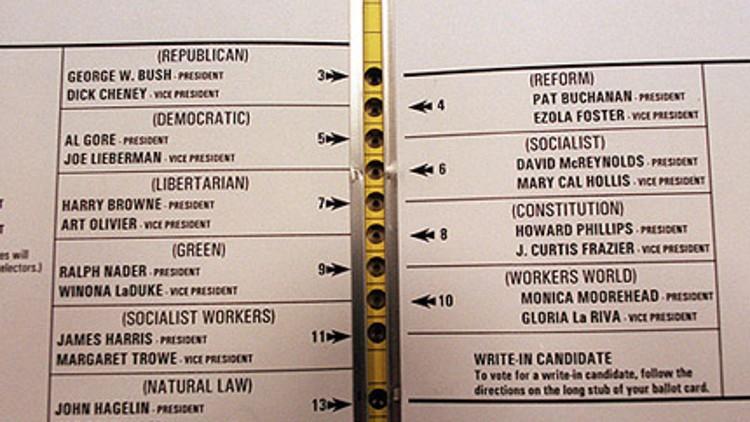She's always had smart things to say about my books (and is never shy about criticizing them) so I was delighted to talk with her about my latest, ATTACK SURFACE, for an interview: "Cory Doctorow on his drive to inspire positive futures."
https://t.co/QtWiUzKD1h 2/
As the title suggests, the interview digs into the relationship between our narratives about the future and the future itself when it arrives - the delights and perils of dystopianism, a philosophy that I find seductive even as I reject it.
3/
Many conversations and books disabused me of dystopianism, but the turning points came from a pair of woman historians. First: Rebecca Solnit's "A Paradise Built In Hell" - a gorgeous, brilliantly researched book about the true histories of disasters.
https://t.co/ASe1CFcVaI 4/
And second was
@Ada_Palmer's legendary end-of-year event with her undergrad Renaissance history students at the University of Chicago:
https://t.co/lA1f0Zf7F5 5/
Palmer is a brilliant sf writer, librettist, singer and all-round genius, but she's also a brilliant historian AND teacher. Every year, she has her students re-enact the election of the Medicis' Pope in a multi-week LARP.
6/
Students take on the role of real historic personages, then spend weeks forming alliances, stabbing each other in the back, and engaging in all forms of skullduggery to advance their agendas.
7/
And when the final four papal candidates are gathered for investiture, two of them are always the same. History's great forces are bearing down on that moment, and those two are its focal point, and they are always going to end up in the final four.
8/
But the other two? NEVER the same. The great forces of history define the parameters of the possible, but they don't define the INEVITABLE. The two wildcards are the result of human agency. They are determined by what the players do, not what happened before the game started.
9/
And of course, the "great forces of history" are what we call the results of earlier human agency, the events set in motion through the choices and action of the people who acted before the curtain raised on this play. "Great forces" are just "human choices," plus time.
10/
This, to me, is the most hopeful theory of history. Rather than turning on "optimism" (things will get better no matter what we do) or "pessimism" (don't bother, things will just get worse), Ada's experiments demonstrate the value of human struggle, of human agency.
11/
In this moment of fantastic peril, turmoil and uncertainty, it feels like the great forces of history are bearing down on us, because they are. Climate inaction and policies encouraging oligarchic inequality are the facts on the ground, the parameters for our action.
12/
But we have agency. We can see actions that will materially improve our circumstances, that will allow us to climb a gradient towards a better world. The new perch we thus attain may reveal still more moves available to us, further up that slope towards a better future.
13/
That's hope - the belief that we, acting together, can find actions that our future selves and those who come after us will leverage to take further steps toward a better future.
14/
I'm currently working on a utopian post-GND novel called "The Lost Cause." The thing that distinguishes it from a dystopian climate novel isn't the setting, it's how the characters respond.
15/
They are beset by climate emergencies: wildfires, droughts, floods, plagues, refugee crises - and they CONFRONT them. They reorient their economy, labor and civilizational program to long projects, like a centuries-long effort to relocate every coastal city inland.
16/
Facing the same perils as the characters of any eco-dystopia, they ascend the gradient towards a better tomorrow, rather than lying down and letter the seas take them.
17/
That's the difference between hope and optimism: the belief that you can make a positive change versus the belief that you are irrelevant to whether that change arrives.
18/
I first met Ada at an sf con room party; she and her partner Lauren performed their song "Somebody Will." There wasn't a dry eye in the room. I defy you to listen to it now without feeling a great upswelling of hope.
https://t.co/E5RzoBV9th eof/



